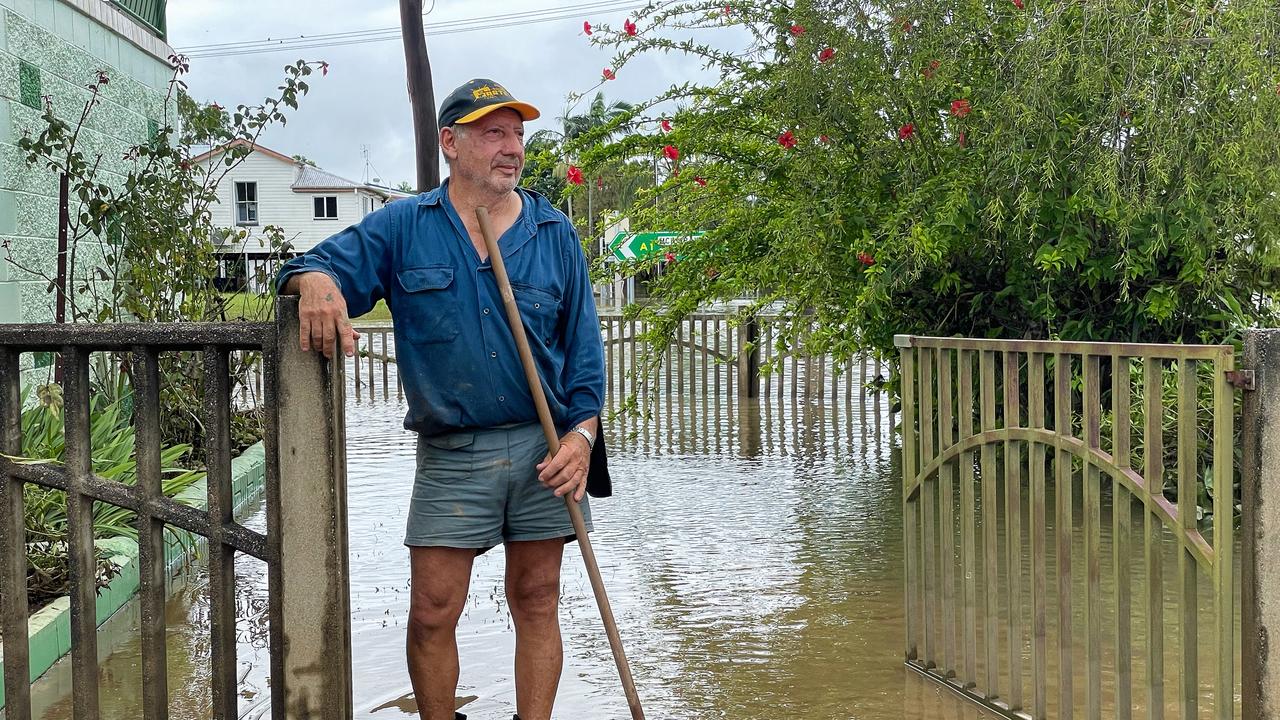Wildlife carers for the spectacled flying fox are lacking resources under the current volunteer model
Wildlife carers in Cairns are at high risk of burnout and are calling on better support from government of all levels to provide ongoing funding.
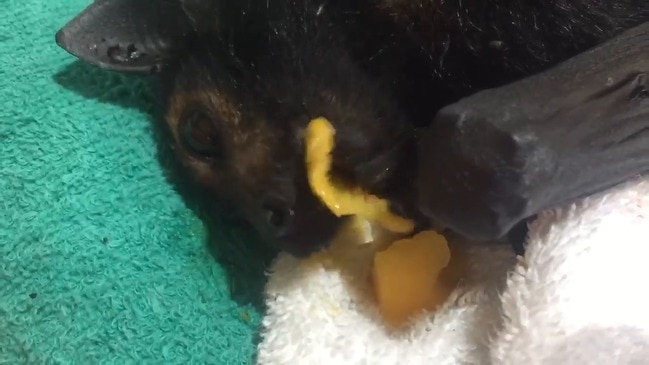
News
Don't miss out on the headlines from News. Followed categories will be added to My News.
Volunteer animal carers of the spectacled flying fox are calling for better support from “all level of government” as workers reveal they are at high risk of burnout under the current volunteer model.
The spectacled flying fox, more commonly known as a fruit bat, is a major pollinator within the wet tropics in Far North Queensland and is recognised as a “critical” contributor to the World Heritage status given to the wet tropics rainforest.
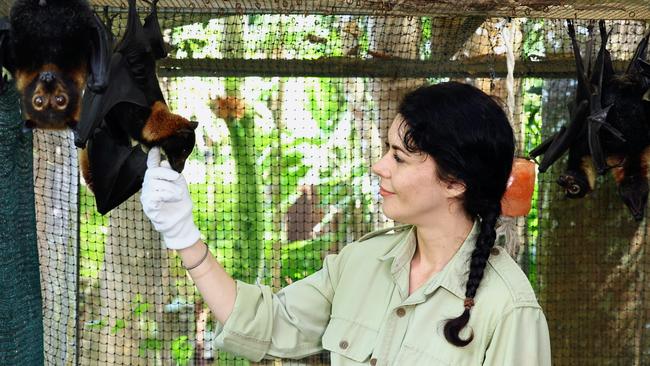
James Cook University Adjunct Associate Professor Hilary Whitehouse said volunteers were facing “high levels of burnout” and were in “desperate” need of more government support.
“We need substantial, on the ground, funding that goes directly to people caring for the animals and also directly to the animals themselves to support their material needs,” she said.
However, as flying fox numbers continue to plummet, volunteer services such as The Bats and Trees Society of Cairns (BatSoc), are scrambling to rehabilitate the growing number of injured or orphaned bats requiring care.
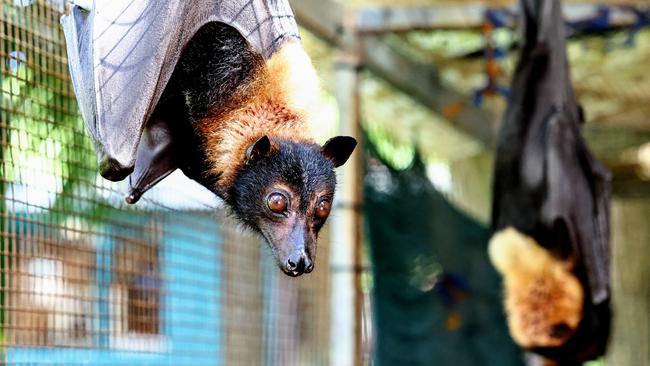
Under the current volunteer model, bat carers are required to pay for compulsory rabies shots, in order to safely work with the bats in their care as well as out-of-pocket expenses, funding food and other material needs for the bats.
“These immunisations are not cheap, it can set a volunteer back between $500-$600 each time they require the vaccinations,” Professor Whitehouse said.
Rabies vaccinations cost between $100-150 per injection, with a total of three injections required, and they then also have to pay doctors consultation fees for these appointments.
“There’s no national scheme to cover these critical costs and there’s no recurrent or substantial funding to pay for the bat’s food, so volunteers end up paying out of pocket for these costs or organisations rely heavily on donations”.
Professor Whitehouse, who fondly described the native bats as the “dogs of the sky”, said she wanted Australians to be better educated on how important bats are on an “ecological scale” and for long-term funding to be provided to not-for-profit organisations such as BatSoc in Kuranda, Queensland.
“Caring for animals is quite expensive to maintain because they eat a lot,” Professor Whitehouse said.
“People have been taught to hate bats, but we need to change that narrative through proper education.
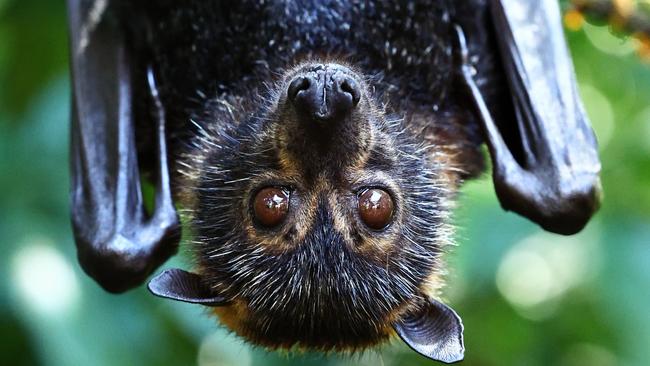
“Australia has very weak environmental preservation laws, sure laws have gone through but there’s no funding attached”.
A Spectacled Flying Fox Species Recovery Plan is being prepared with the aim to publish in early 2025, and there are calls for government at all levels to get on board and support people on the ground doing the work.
“The aim of all volunteer bat care is to release the animals back to the world, we need ongoing funding to be able to maintain this essential work,” she said.
More Coverage
Originally published as Wildlife carers for the spectacled flying fox are lacking resources under the current volunteer model





